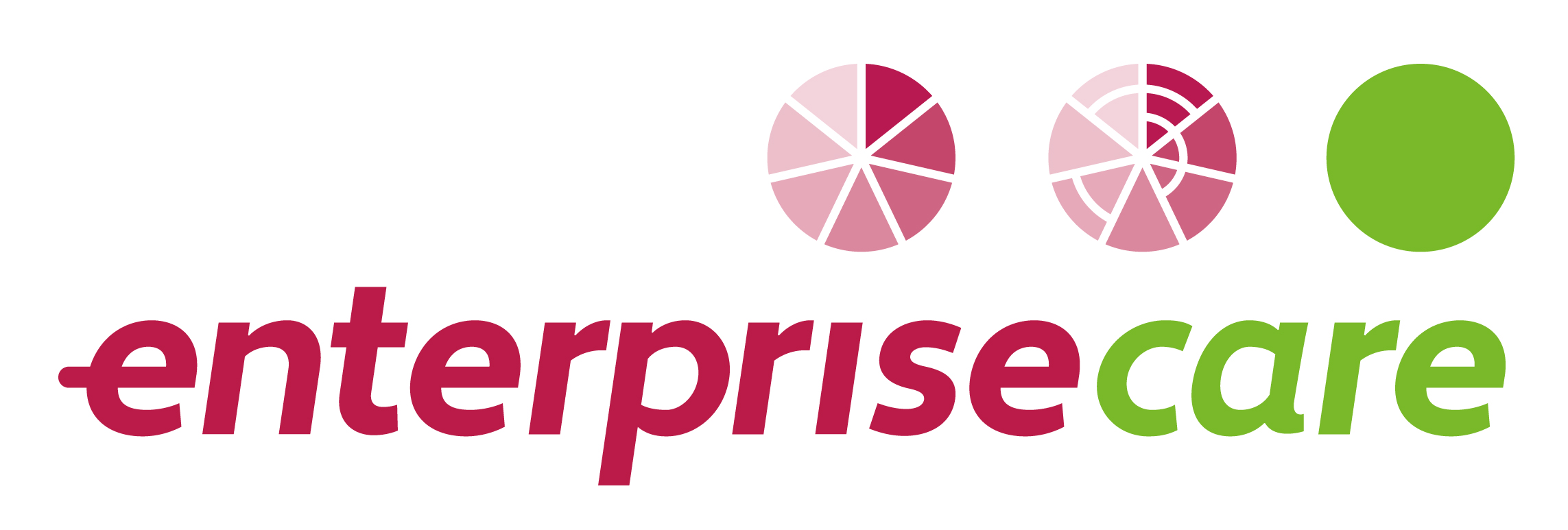
OUR 2020 “GOVERNANCE BREAKTHROUGH” MASTERCLASS
Beyond compliance: governance, risk and performance
Exciting things are afoot for next year.
I know this year has a few weeks still to run.
But I couldn’t wait to share our news of the Governance Masterclass I am conducting in 2020.
The Masterclass is “Beyond Compliance: Governance, Risk and Performance”.
It is part of the Deakin Business School, with students earning credits for an MBA.
This is an exciting option for those governance practitioners and emerging governance practitioners wishing to better understand how governance operates within their organisations.
The Masterclass introduces a new way of viewing and using governance, as well as practical applications of how governance workings positively impact an organisation’s performance.
As the flyer suggests, the Masterclass sharpens the focus of participants on core governance aspects involving systems thinking and value creation, leadership, innovation, corporate compliance, strategy and organisational skills.
It challenges the present thinking, especially the apparent pervasive view about the role of governance which lags far behind the view of community expectations.
Aligning governance with organisation aspirations
Governance practitioners, and emerging governance practitioners, need to hold a greater sense of purpose about governance than just focusing on getting directors to attend board meetings and staying out of operational matters.
Governance practitioners and emerging governance practitioners need to hold a sense of purpose which is aligned with their own organisation’s aspirations. In other words, having a purpose that is less about the legal and economic issues and more about the aspirational.
Governance provides the life and essence, to supporting, engaging and connecting those people who are involved with an organisation, by harnessing their contribution to make a positive difference.
It gives the very existence of the organisation a sense of meaning and draws people to its core. People seek to dedicate their effort to something that is aspirational. Hence to gain that discretionary contribution, we need to weave and embed the organisation’s purpose into its activities. This includes such activities as onboarding, training, meetings, role modelling and language. It needs to be pervasively authentic, as only then, will there emerge the year on year transformation of your organisation.
Aligning governance with community expectations
The Masterclass offers our governance practitioners and emerging governance practitioners an understanding of what is the true role of directors, and challenges boards to operate with a far greater level of professionalism. This, and only this, can offer a solution that addresses the justifiable mistrust of communities. Governance will then align itself with delivering what community expectations now demand of directors and boards.
Undoubtedly, one thing is clear – Governance must be transformed. It must offer a far more rigorous role for governance practitioners and emerging governance practitioners to advise directors and boards who are seeking to meet community expectations.
The Masterclass will enable governance practitioners and emerging governance practitioners to:
- better understand the emergent whole of organisation governance expectations, and its broader application beyond a legal and compliance force for good within an organisation.
- understand the increasing ethical considerations placed on businesses, and the governance role in meeting community expectations and generating consistent high levels of trust.
- how to shape and influence better outcomes for the operations, whilst continuing to operate within an environment which experiences volatility, uncertainty and ambiguity.
- achieve an enhanced focus on a more active and holistic understanding of governance practices, and how to better ensure organisation-wide feedback to deliver consistent year on year high-performances.
The “employment contract” analogy
As simple as it sounds, one of the critical aspects that many organisations have both misunderstood and, in turn, mis-used, has been the employment contract.
The question is whether an employment relationship is one defined as being of purely simple economics?
Of course, as with many questions, the answer may change over time. Hence for those organisations which have a long history, the answer may have altered, depending on the historical perspective. Let’s contemplate if it is useful to consider this question within its current period.
In other words, let’s adopt a focus on what are the needs and challenges of 2020; and not blindly follow or slightly “rejig” governance models which date back to post-industrial revolution time.
Our conclusion can rightly be, that the approach to what has been expected of governance up until recently is to blame, and not the directors nor governance practitioners.
Adopt a holistic view to governance
We should view governance in its holistic or whole of organisation framework, then the economic imperative assumes a more rational and proportionate role, and allows organisational practices, as well as the organisation’s culture, to emerge as a far more potential positive contributor to the well-being and resilience of the organisation.
The Masterclass essentially challenges the very foundation of governance. It starkly asks governance practitioners and emerging governance practitioners, whether they wish to continue with more and more regulatory and compliance type activities; or become one with the organisation’s purpose and embed the full gamut of governance practices in the organisation’s operations.
The question could be asked: why is there a choice; and what will be the difference if the latter is chosen?
By eschewing the sole compliance and regulatory approach appears to be counterintuitive to running a business. It has similarities to the use of construction partnering arrangements in the USA.
The “Construction Partnering” parallel
Since the early 1980s , the US and other countries used Construction Partnering in order to reduce litigation, and improve productivity of projects. In the UK, the Latham Report ‘Constructing the Team’ was published in 1994. The UK government commissioned the report to investigate the perceived problems with the construction industry. Of interest, Sir Michael Latham described traditional contracts as ‘ineffective’, ‘adversarial’, ‘fragmented’ and ‘incapable of delivering for its customers’.
Partnering has potential to mutually benefit all parties in the projects, namely: building working relationships, shared pursuit of finding improvements, and agreed investment planning. For all who are involved, there needs to be supported and shared commercial objectives and the project’s culture must be aligned.
PWC in a 2018 publication on “Collaborative Contracting” stated:
“Collaborative contracting, particularly alliance/IPD contracting, fell out of favour in Australia early this decade, as demand for construction and engineering services returned to more usual levels following the end of the resources boom and the negotiating power of non-owner participants dissipated.
Ironically, this actually contrary to the interests of most project owners, as the return to more conventional contracting models reinstated the misalignment of commercial objectives between project owners and non-owner participants that has long impeded improvements to construction productivity.”
It went on to comment further that “The construction industry has suffered from poor productivity growth for decades. …… The causes of poor productivity growth are many, and include extensive regulation, site-specific complexities, high dependency on fluctuating public sector demand, inexperienced buyers/owners, the fragmented nature of the industry, and underinvestment in technology. According to contractors and suppliers, however, the most significant cause of inefficiency is the misalignment of incentives between project owners and the other participants involved in the delivery of construction projects – designers, main contractors, specialist subcontractors, equipment suppliers, consultants and the like.” (our emphasis)
Future proofing governance for improved performance and sustainability
This message is likewise applicable to how governance is presently practised. By maintaining a heavy emphasis on the economic and compliance aspects, and not enough on a shared purpose of the business, then unfortunately under-performance will tend to be the inevitable outcome.
People work to the contract that governs their operating environment. The person’s core messaging for that environment is likely to be at least initially found in that relationship’s formation. Why? Because often the person’s manager will proceed in establishing their relationship based on the contractual tones and messaging.
Work life imitates the narrative from the start. If that narrative over-promises and under-delivers, then work life imitates the lowest common denominator of survival and preservation. This gives rise to under-performance, and will only improve through greater emphasis on more rules and micromanagement. The result is less than satisfactory, and the vicious cycle continues.
Now is the time for pursuing a governance breakthrough strategy. Attending this Masterclass would lead to positive transformative outcomes, an investment well-worth undertaking.
For further information www.deakin.edu.au/mba-masterclasses and
Learn more about this MBA Masterclass
DISCLAIMER: This article is general ONLY in nature and is not advice
For more information contact Damien Smith on smithdj@enterprisecare.com.au or 0418 325 781.
